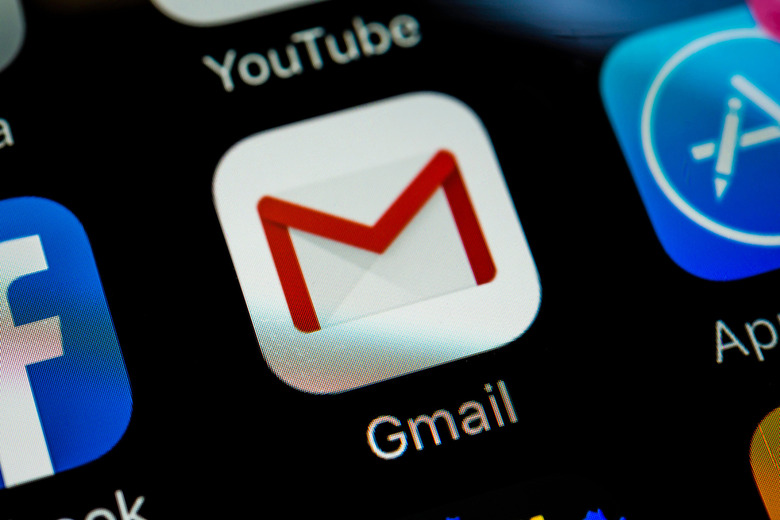Yes, Gmail Allows Developers To Read Your Emails - But That Shouldn't Surprise You
If you're online these days then you probably have at least one email address at your disposal, to keep in touch with friends, and sign up for other online services. Most internet users have more than one email address, including work emails and personal ones.
But it turns out that your email isn't perfectly confidential as actual humans might be reading the emails you send and receive. No, it's not Google, this time around, but this privacy-infringing feature does affect Gmail, which happens to be the world's top email service.
Google received plenty of criticism for having computers scan every Gmail email to deliver targeted ads. Google stopped that practice a year ago, but a Wall Street Journal investigation shows there are plenty of apps that have access to your email, and some of them feed some of your emails to real humans.
Before you freak out, you should know that you've probably given your consent to those apps scanning your inbox, and, thus, having computers automatically go through your emails. You did that so that you could take advantage of a particular type of app built around email, like a service that tells you when prices for specific products goes down.
Also, per the WSJ, Google says that it's monitoring what developers do with their access to your email. In turn, some developers say they're not aware of any oversight from Google.
If a human does read your email, the chances are that your actual address is shielded so they won't know whose email they're reading.
Yes, it's still a privacy issue, but it's all in the name of getting better online services without paying for them. We talked about this before. We leave our privacy at the door when we use products from Facebook and Google, and there's nothing that we can do about it. We can try to contain the matter — in case of email, we all should read privacy policies, and/or revoke access to any app that might have the power to read your emails.
Why would an app developer allow humans to read your emails? Well, to improve their services. The Journal mentions two companies that have such practices in place, including Return Path, a marketing company, and Edison Software, which makes a mobile email app.
At Return Path, humans read emails to improve the software:
Computers normally do the scanning, analyzing about 100 million emails a day. At one point about two years ago, Return Path employees read about 8,000 unredacted emails to help train the company's software, people familiar with the episode say.
These computers are trained to ignore personal emails, such as emails that contain keywords like "grandma," but it doesn't always work:
In 2016, Return Path discovered its algorithm was mislabeling many personal emails as commercial, according to a person familiar with the matter. That meant millions of personal messages that should have been deleted were passing through to Return Path's servers, the person says.
Over at Edison, humans were required to train computers on providing smart replies based on the content of an email:
Two of its artificial-intelligence engineers signed agreements not to share anything they read, [CEO Mikael] Berner says. Then, working on machines that prevented them from downloading information to other devices, they read the personal email messages of hundreds of users—with user information already redacted—along with the system's suggested replies, manually indicating whether each made sense.
The full Journal article is available at this link, and it's worth a read.
